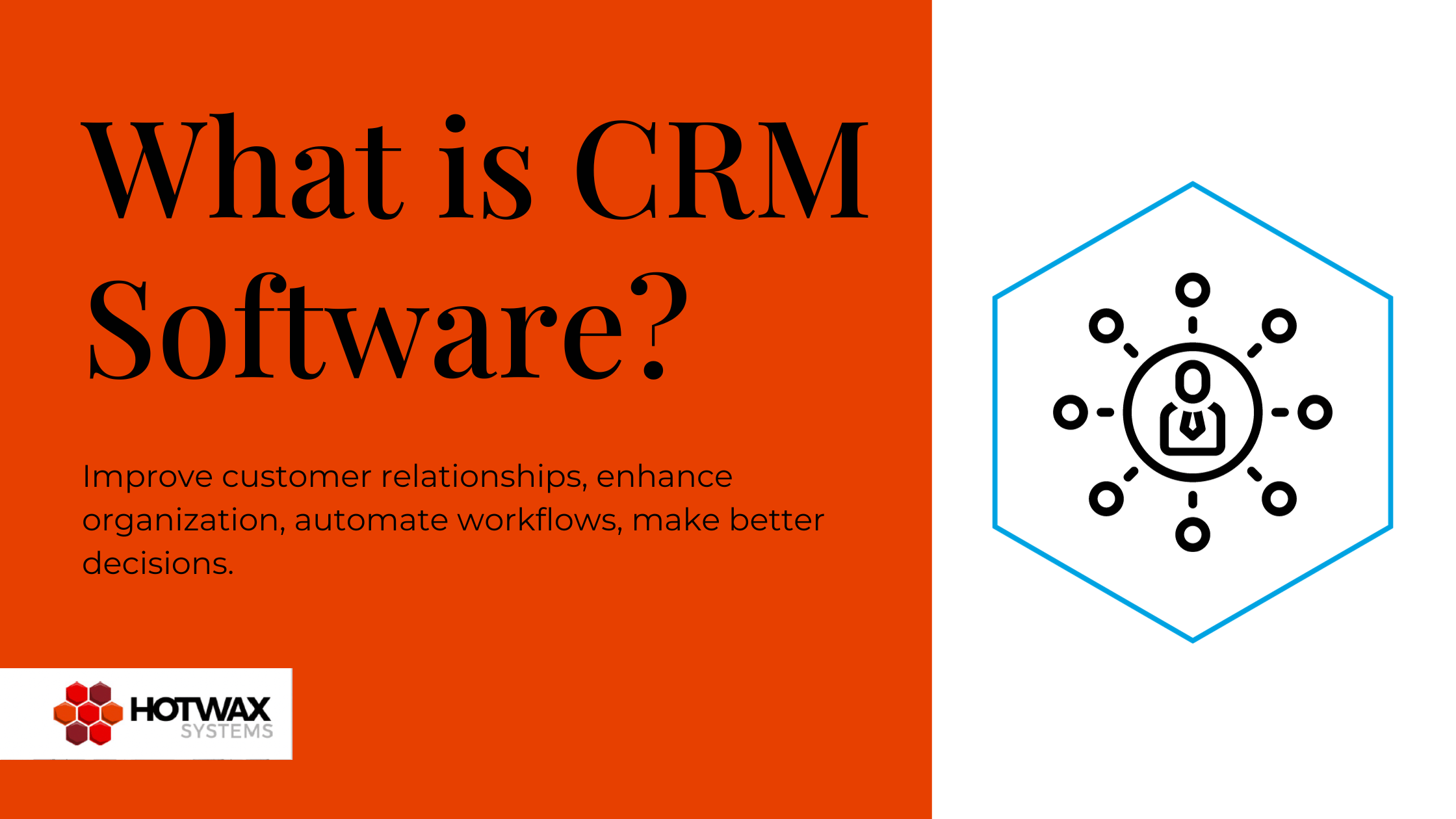In today's rapidly changing business landscape, handling customer relationships has proven to be more crucial now more than ever. Since businesses strive to satisfy the expectations of particular clients, the need for efficient tools to enhance sales processes has intensified. This is the point at which Customer Relationship Management software becomes relevant. By harnessing the potential of CRM systems, businesses can boost their interactions with clients, resulting in enhanced satisfaction and loyalty.
Customer Relationship Management tools deliver countless advantages that can revolutionize how organizations operate. From streamlining routine tasks to offering insightful insights into client behavior, these systems enable sales teams to operate more efficiently and collaboratively. With the appropriate CRM software, companies can not only keep track of sales activities but also build more robust relationships with their clients, ultimately fueling growth and achievement in a fierce marketplace.
Improved Client Connections
One of the most important pros of CRM solutions is its ability to foster better relationships with consumers. By aggregating consumer details, companies can gain a holistic view of each customer’s records, likes, and engagements. This easy-to-access information allows sales teams to personalize their approach, making clients feel recognized and heard. When customers perceive a brand as responsive to their needs, their commitment grows, leading to repeat business and positive recommendations.
CRM tools also facilitates better dialogue between organizations and clients. Automated tools help ensure timely follow-ups and reminders for key dates, such as anniversaries or buying milestones. This proactive approach not only improves the consumer experience but also demonstrates the company's commitment to customer satisfaction. Frequent communication, paired with pertinent insights, keeps clients engaged and encourages them to get in touch when they have inquiries or wants.

Additionally, the data-driven capabilities of CRM tools enable companies to segment their consumer base effectively. By comprehending different segments and purchasing patterns, companies can adapt their promotional efforts and support offerings to meet various segments. This targeted approach ensures that customers receive communications that speak with them, ultimately strengthening their relationship with the brand. As a consequence, improved consumer connections lead to greater trust and an boosted bottom line.
Boosted Sales Effectiveness
Utilizing CRM solutions significantly enhances sales efficiency by streamlining routine tasks and streamlining workflows. Sales teams can focus on high-value activities instead of getting distracted by clerical duties. With tools to track leads, manage customer interactions, and arrange follow-ups, representatives can effectively allocate their efforts and dedicate more time engaging with prospects. This results in a more effective sales process and eventually drives revenue growth.
Moreover, CRM systems provide sales teams with valuable insights and analytics. By analyzing customer data, teams can recognize trends and patterns that inform their sales strategies. crm solutions -based approach enables representatives to tailor their pitches based on customer interests and behaviors, enhancing the likelihood of closing deals. As a result, companies can see a considerable improvement in their conversion rates, as the sales team is better equipped to meet the needs of their prospects.
Furthermore, CRM tools foster improved collaboration among team members. When sales reps distribute information and updates within a unified platform, it cultivates a unified environment where everyone is aligned in their goals. This collaboration produces more effective communication both inside the organization and with clients. With a comprehensive view of each customer's journey, team members can work together to tackle issues promptly, develop leads, and deliver a seamless experience throughout the sales cycle.
Data-Driven Decision Making
Utilizing CRM platforms empowers businesses to utilize the power of data in their choices. With detailed analytics capabilities, companies can easily track customer engagements, sales trends, and market trends. This abundance of information enables organizations to identify which approaches are successful and which need adjustments, leading to more informed decisions that can enhance overall effectiveness.
Additionally, CRM systems allow for the segmentation of customers based on multiple criteria, such as buying behavior or population characteristics. This segmentation enables businesses to tailor their outreach and marketing campaigns, ensuring that content resonates with the target consumer base. Data-driven intelligence can highlight opportunities for upselling or enhancing sales, ultimately increasing revenue and improving customer satisfaction.
In summary, real-time data access provided by CRM software guarantees teams can respond swiftly to evolving market conditions or customer needs. This quickness is crucial in the current fast-paced business environment. By utilizing data to drive actions and initiatives, companies can achieve superior outcomes, enhance relationships with customers, and ensure growth over the long term.
